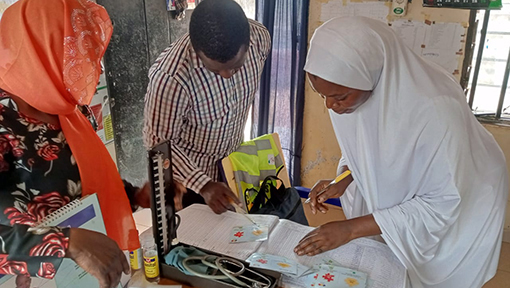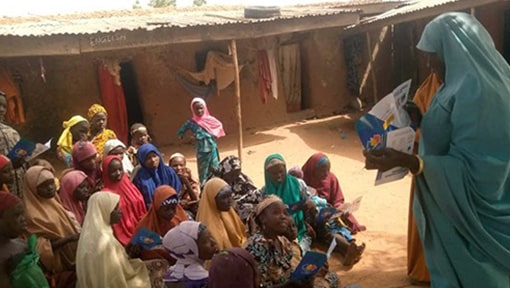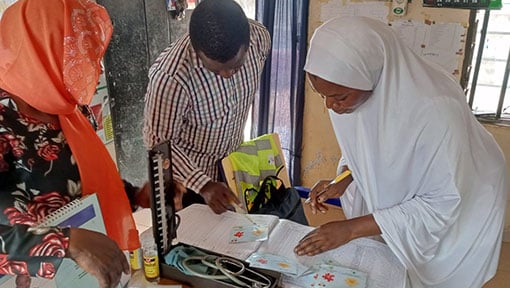Program Design Workshops Consider Youth Contraception Needs in East Africa
by Njeri Mbugua | Oct. 24, 2018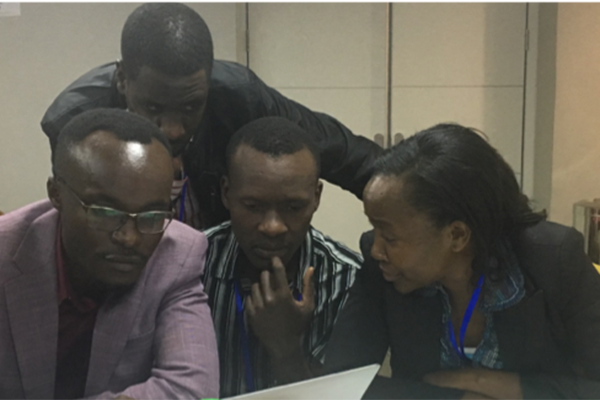
AYSRH program design participants in Uganda.
Government leaders across Kenya, Tanzania and Uganda are stepping up to improve the quality of reproductive health services accessible to their growing youth population. The Ministries of Health in all three countries have been central to developing guidelines and policies for addressing young people’s health needs, working closely with regional governments and other key stakeholders along the way. As part of the decentralization of health services in Kenya, various county governments are developing their own strategies to improve young people’s health.
The Challenge Initiative (the Initiative), implemented as Tupange Pamoja in East Africa, was recently awarded a $4-million grant from the Bill & Melinda Gates Foundation to reduce teenage pregnancy in Kenya over three years (June 2018-June 2021). In September, government health leaders from Kenya (Migori, Nairobi, Kilifi, Mombasa), Uganda (Buikwe, Iganga, Mukono) and Tanzania (Arusha City, Ilala, Kinondoni, Temeke) met for program design workshops in their respective countries to decide which evidence-based interventions they will implement as part of the Initiative’s adolescent and youth sexual and reproductive health (AYSRH) program. The youth interventions will be layered onto the Initiative’s ongoing reproductive health activities in East Africa.
The teams discussed the barriers youth commonly face when seeking family planning services in including a lack of community knowledge and acceptability of youth reproductive health, and provider biases about unmarried youth using contraceptives. These factors are compounded by an inadequate knowledge among youth about the effective use of contraception and the consequences of unprotected sex within the HIV context.
“This is a new way of thinking – our biggest challenge is reaching the youth,” said Dr. Elizabeth Mgamb, County Director of Health Migori. “Early pregnancies continue to be a burden to our health system. Most of the girls drop out of school after being impregnated. It compromises education attainment and most of them cannot secure decent economic opportunities.”
When the Tupange for Better Cities implementing team met in Uganda for their program design workshop, they heard a similar story. One of the participants narrated an incident that had occurred at the facility she is supporting.
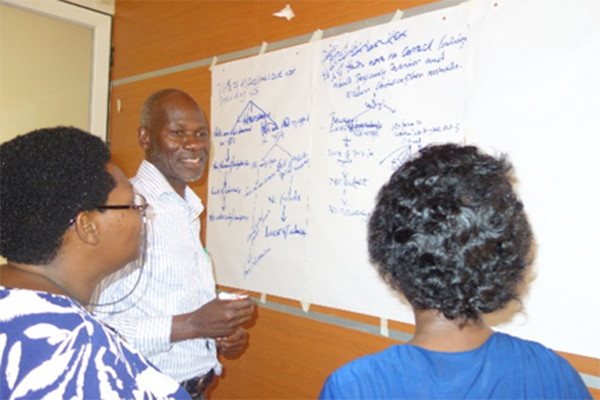 “A fifteen-year-old girl had escorted her mother to Mukono Health Centre IV for cancer screening. As she waited, she saw young girls her age receiving a health talk. Knowing she was already sexually active, she requested advice on contraception methods available and was counseled and got a method,” said one government official. “However, when she disclosed to her mother, she could hear none of it and ordered the nurse to remove the IUCD she had just received.”
“A fifteen-year-old girl had escorted her mother to Mukono Health Centre IV for cancer screening. As she waited, she saw young girls her age receiving a health talk. Knowing she was already sexually active, she requested advice on contraception methods available and was counseled and got a method,” said one government official. “However, when she disclosed to her mother, she could hear none of it and ordered the nurse to remove the IUCD she had just received.”
During the workshop, health teams had the opportunity to discuss the impact of the Initiative’s initial investment within their communities and how the “business unusual” model has catalyzed governments to invest in family planning.
Government officials also emphasized the value of TCI University (TCI U) – the Initiative’s online platform for codifying, adapting, learning and sharing evidence-based family planning approaches – as a means for implementing proven family planning approaches and even scaling up interventions.

